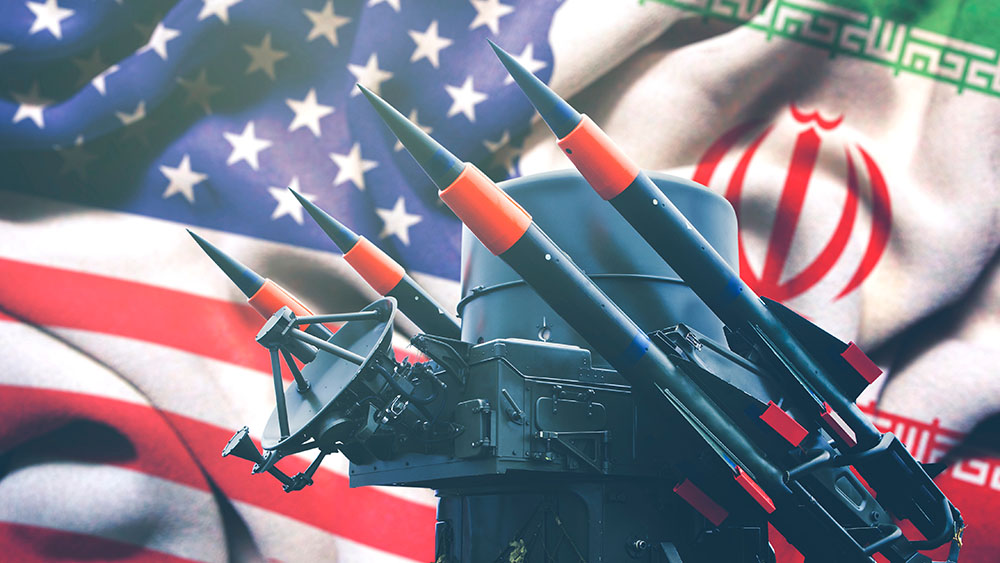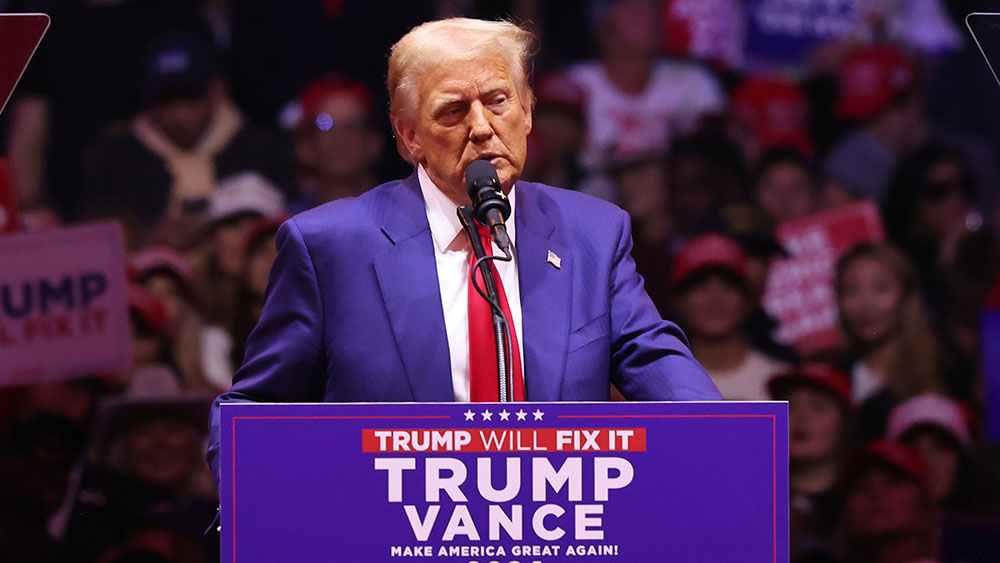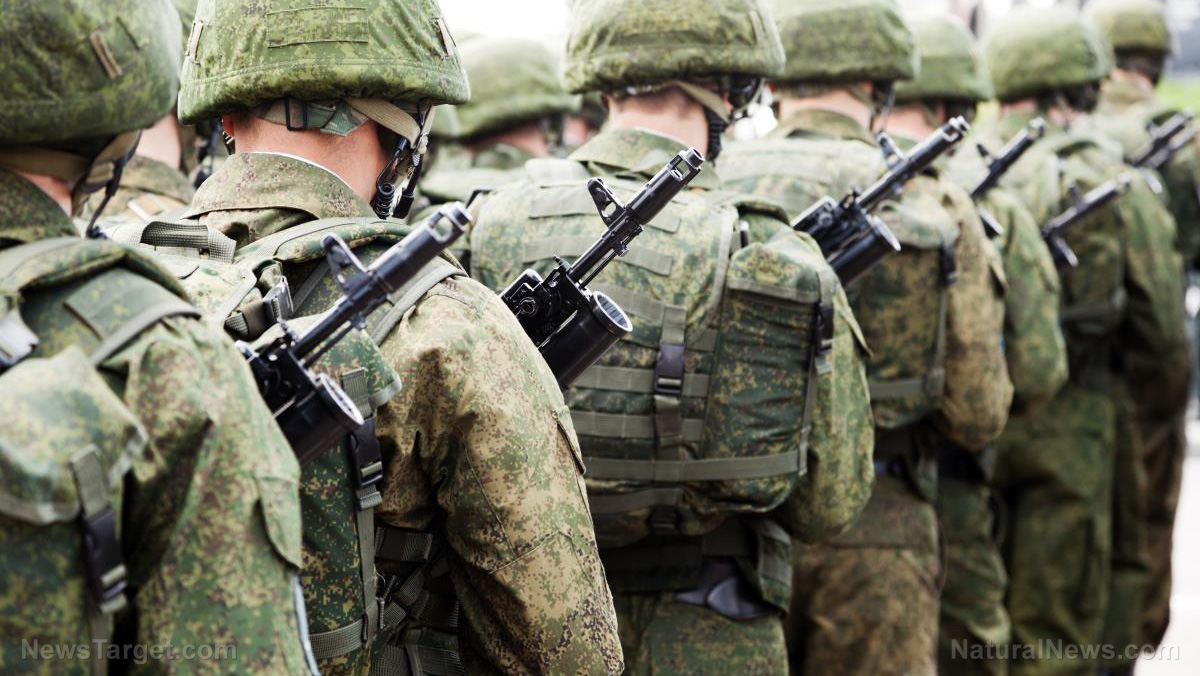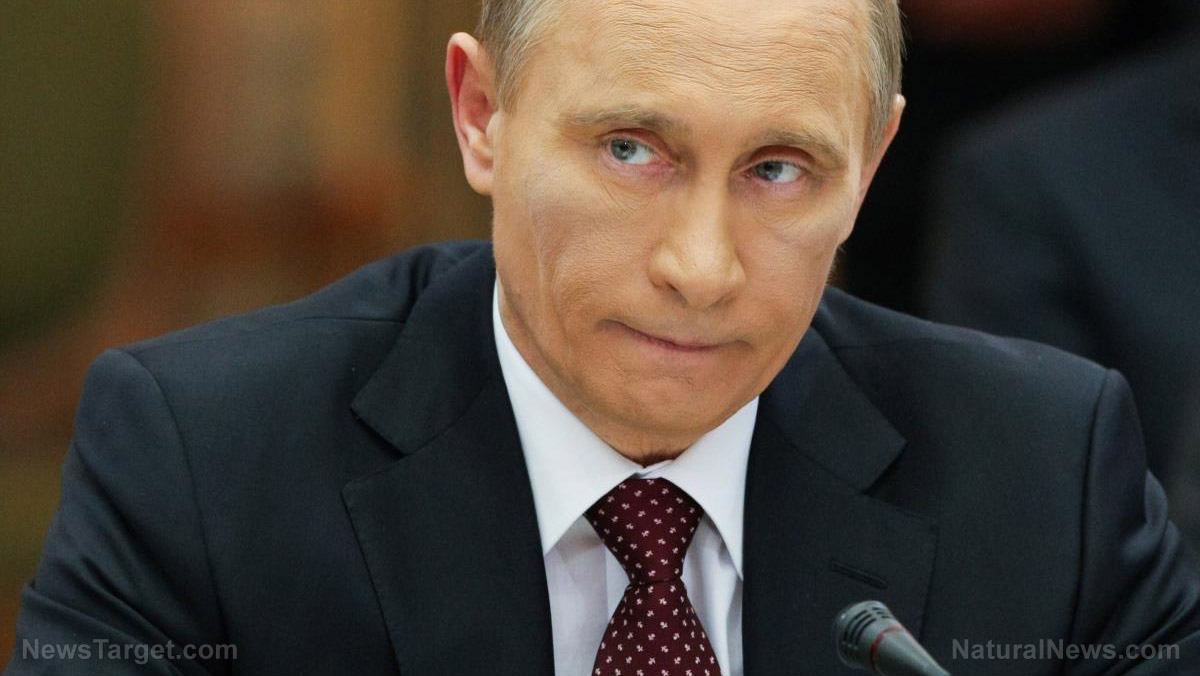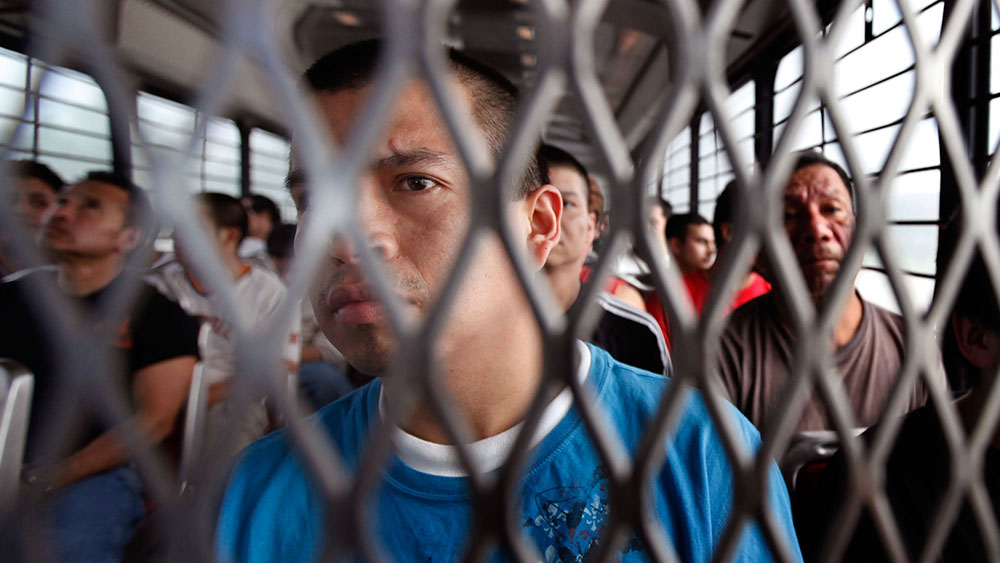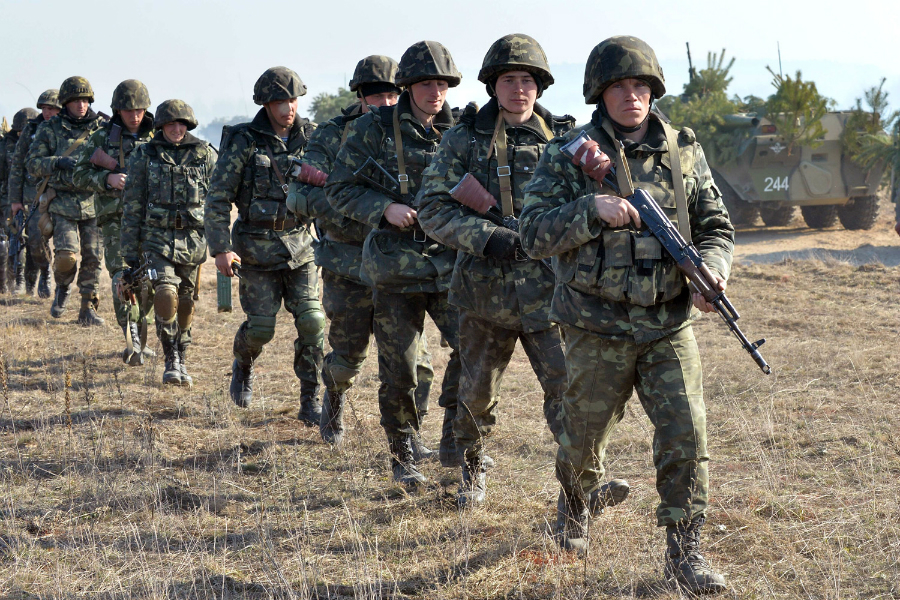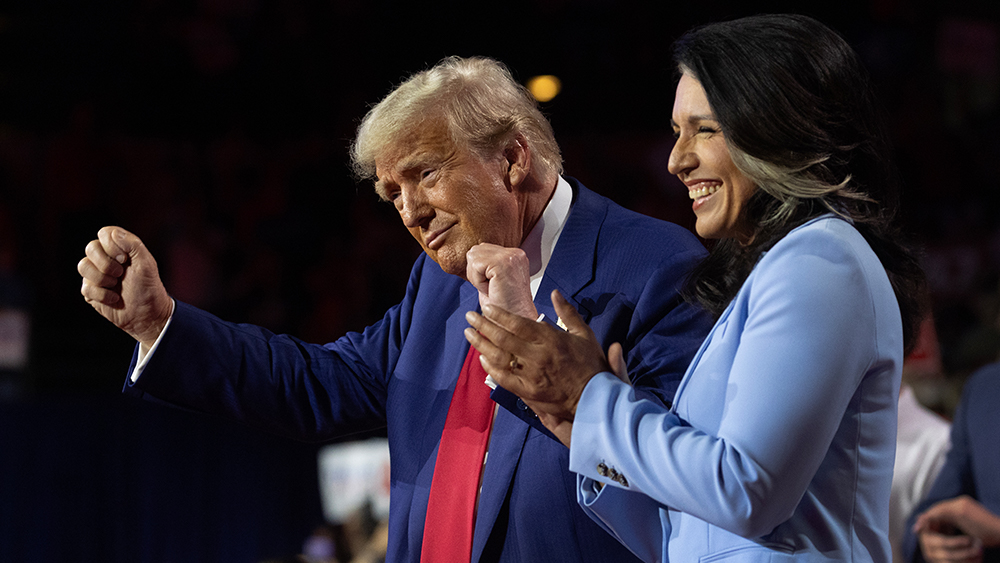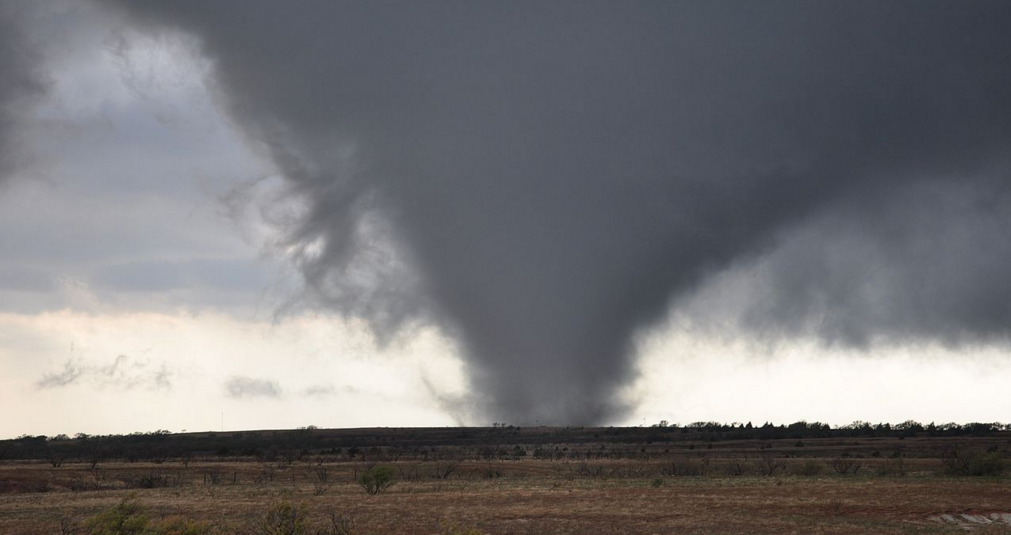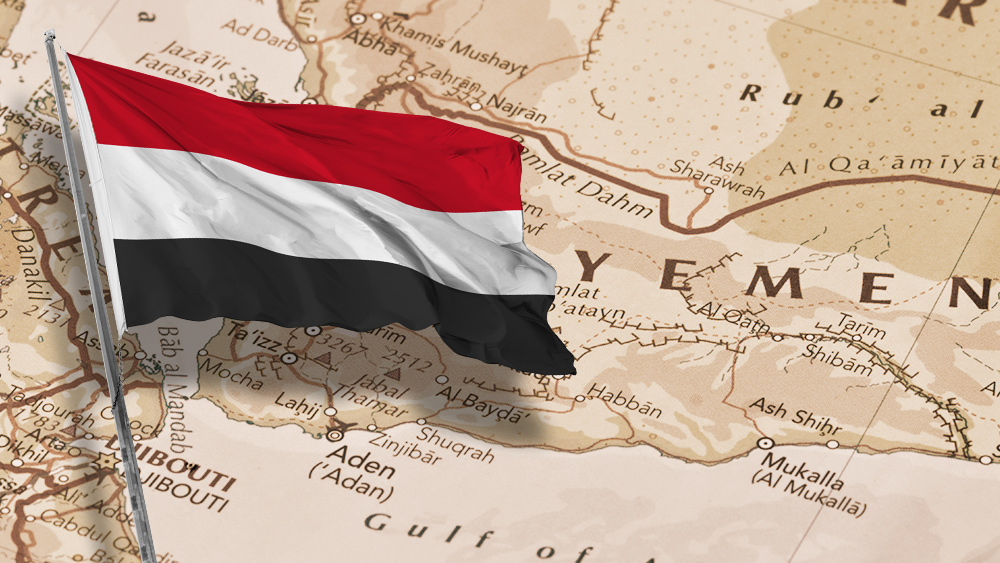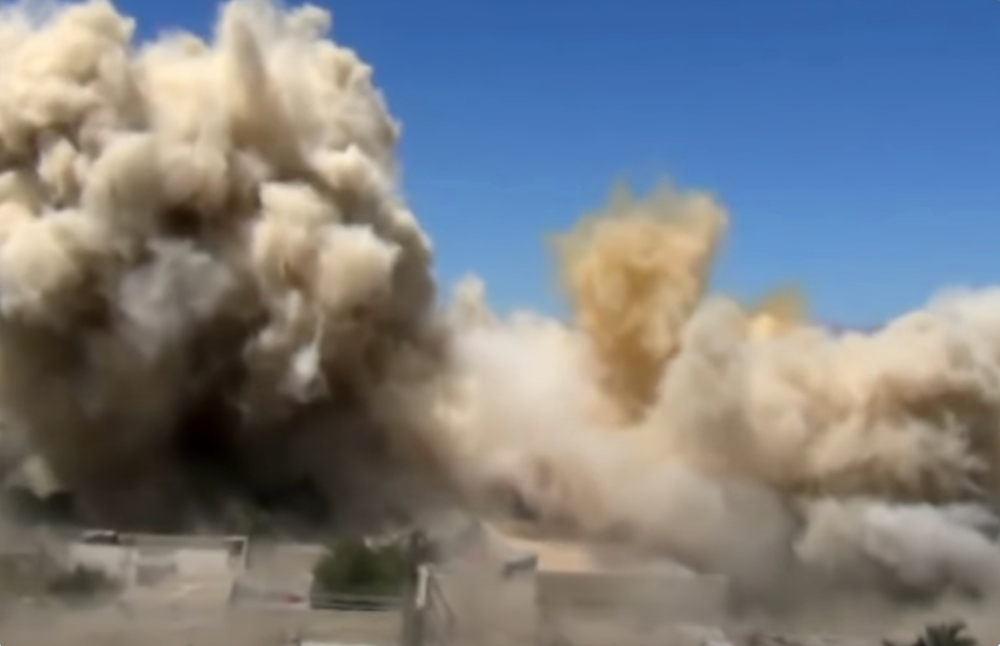Russia warns of “catastrophic” fallout if Trump bombs Iran, escalating global tensions
04/02/2025 / By Cassie B.
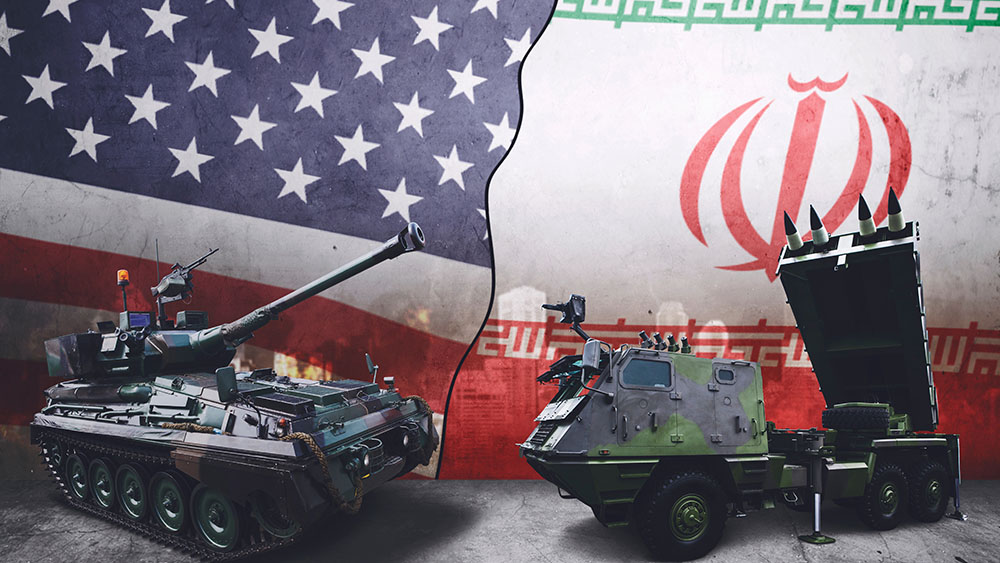
- The Kremlin warns Trump’s threat to bomb Iran’s nuclear sites could cause catastrophic regional and global consequences.
- Russia, Iran, and China are strengthening alliances, with Iran supplying drones to Russia and conducting joint military drills.
- Russia condemns U.S. ultimatums as reckless, urging diplomacy over military action targeting Iran’s nuclear infrastructure.
- Trump vows unprecedented bombing if Iran refuses a deal, risking domestic backlash from anti-war supporters.
- Escalating tensions could trigger a broader conflict, with Russia and China ready to exploit U.S. missteps.
The Kremlin has issued a strong warning to the United States, declaring that President Donald Trump’s threat to bomb Iran’s nuclear facilities could trigger “catastrophic” consequences for the Middle East and beyond.
The admonition from Russian Deputy Foreign Minister Sergei Ryabkov underscores the deepening divide between Washington and an increasingly coordinated Russia-Iran-China alliance, as Trump doubles down on demands for Tehran to abandon its nuclear ambitions — or face military action.
The confrontation comes amid heightened U.S. airstrikes in Yemen targeting Iran-backed Houthi rebels, part of a broader “maximum pressure” strategy to weaken Tehran’s regional influence. But with Iran supplying Russia with critical military drones for its war in Ukraine and conducting joint naval drills with Beijing and Moscow, the stakes of a direct U.S.-Iran clash now extend far beyond the Persian Gulf.
Ryabkov minced no words in an interview with International Affairs, slamming Trump’s ultimatums as a reckless attempt to strong-arm Tehran. “Threats are indeed being heard, ultimatums are also being heard,” he said. “We consider such methods inappropriate, we condemn them, we consider them a way for [the U.S.] to impose its own will on the Iranian side.”
The Russian official reserved particular alarm for the potential targeting of nuclear sites, warning that strikes could destabilize the region irrevocably. “The consequences of this, especially if the nuclear infrastructure is hit, could be catastrophic,” Ryabkov said, urging diplomacy before it’s too late.
Trump, however, has shown little patience for negotiation. In a recent NBC interview, he vowed, “If they don’t make a deal, there will be bombing. It will be bombing the likes of which they have never seen before.” The remarks echo his 2018 withdrawal from the Obama-era Iran nuclear deal, a move followed by crushing sanctions that failed to curb Tehran’s uranium enrichment.
A high-stakes alliance
The Kremlin’s defense of Iran highlights the strategic bond between the two nations. Since Russia’s invasion of Ukraine in 2022, Iran has supplied Moscow with hundreds of Shahed drones, bolstering its wartime arsenal. In January, the pair signed a strategic partnership treaty, and their joint naval exercises with China in the Gulf of Oman this March signaled a unified front against U.S. influence.
Trump’s gamble also risks alienating his domestic base. Many supporters cheered his previous pledge to avoid “endless wars,” and airstrikes on Iran could fracture that coalition.
Diplomatic deadlock
With Tehran refusing direct talks under pressure, the Kremlin has offered to mediate—a role that could bolster Russia’s global standing. But Washington appears uninterested. The U.S. has instead ramped up military posturing, deploying additional assets to the Persian Gulf as Iran activates air defenses near its Natanz nuclear site.
Ali Larijani, an adviser to Iran’s Supreme Leader, escalated the rhetoric on state TV, warning that an attack would force Tehran’s hand: “Iran does not want to [build nuclear weapons], but will have no choice.”
As Trump revives the hardline tactics of his first term, the world watches to see whether brinkmanship will yield concessions or catastrophe. With Russia and China poised to exploit any U.S. misstep and Trump’s political future hinging on a base weary of foreign entanglements, the path ahead is filled with risk. One misjudgment could ignite a conflict with consequences far beyond the Middle East—proving Ryabkov’s warning prescient. For now, the question isn’t just whether Iran will bend to Trump’s demands but whether anyone can control the fallout if it doesn’t.
Sources for this article include:
Submit a correction >>
Tagged Under:
big government, chaos, conflict, Dangerous, Donald Trump, foreign relations, Iran, Middle East, national security, nuclear weapons, politics, Russia, threats, violence, White House, World War III
This article may contain statements that reflect the opinion of the author
RECENT NEWS & ARTICLES
COPYRIGHT © 2017 NATIONAL SECURITY NEWS



